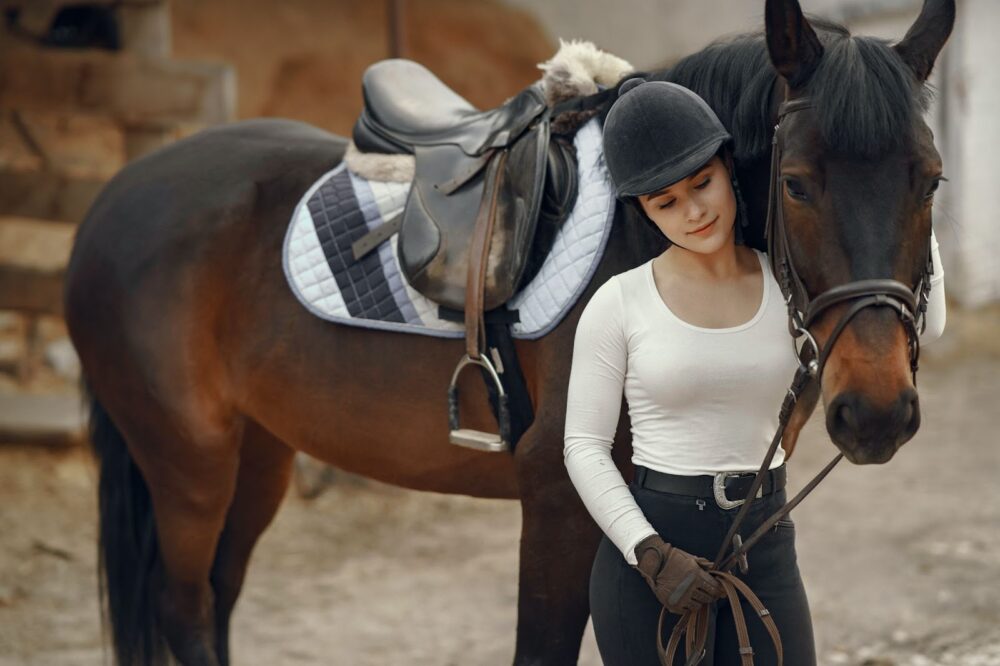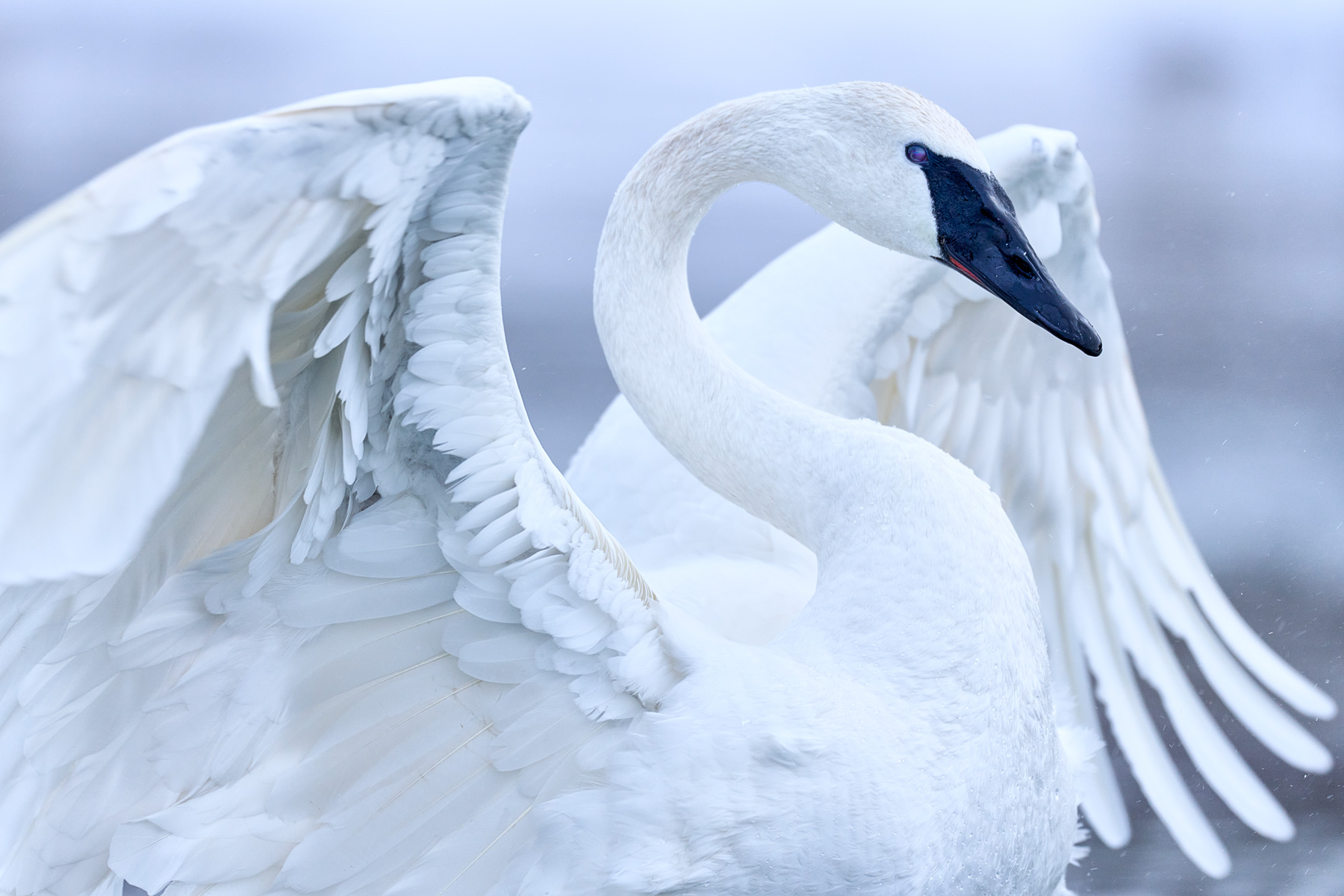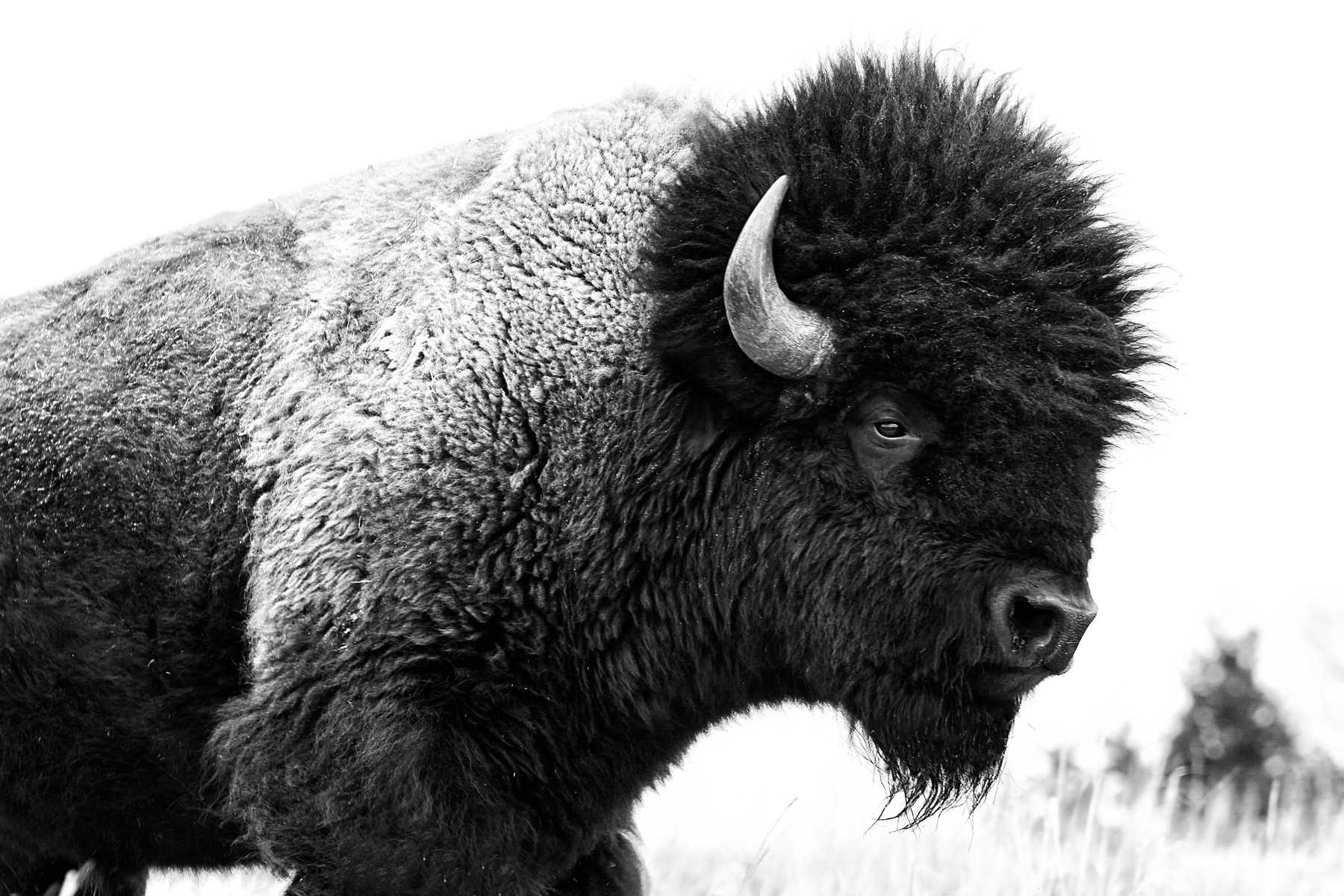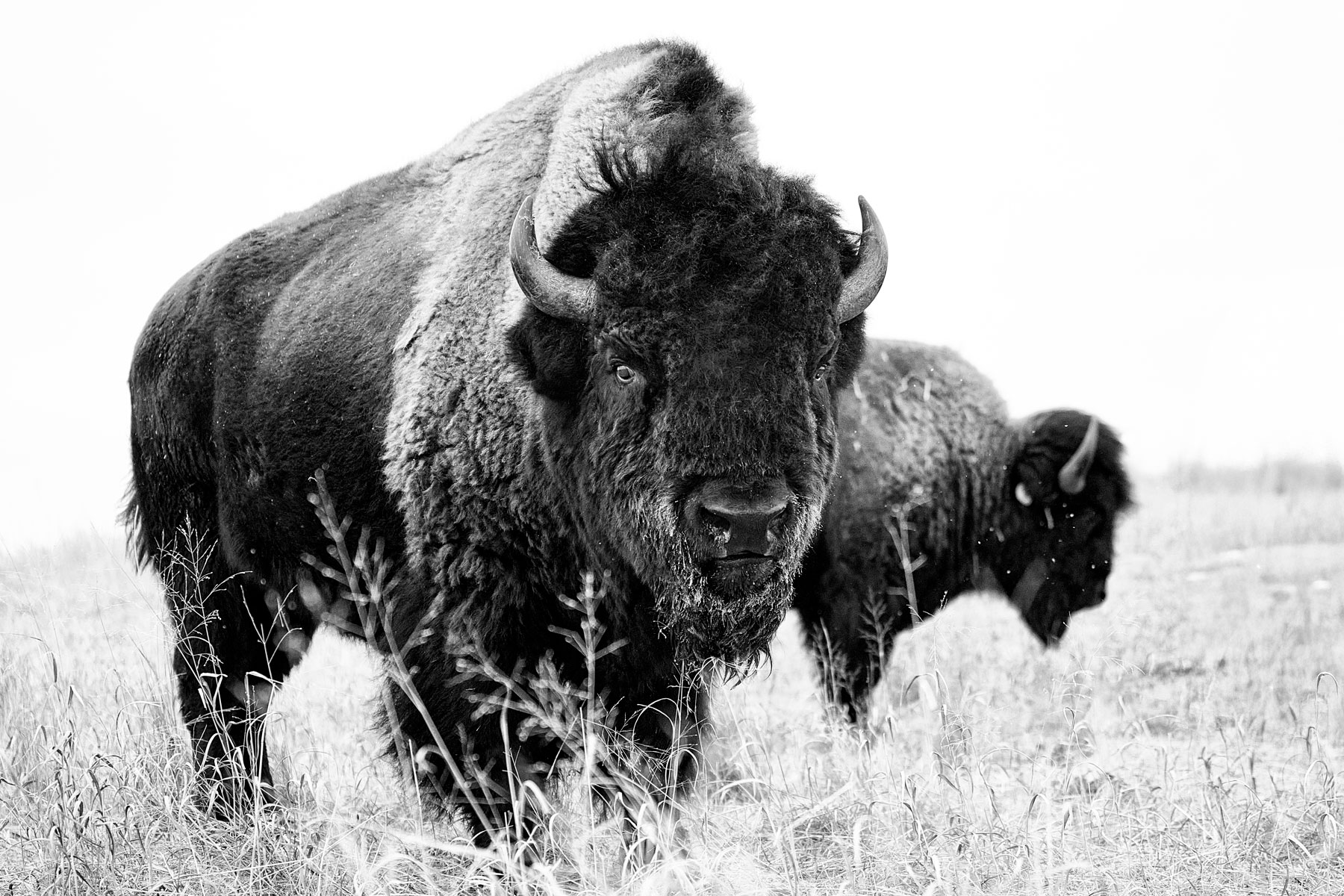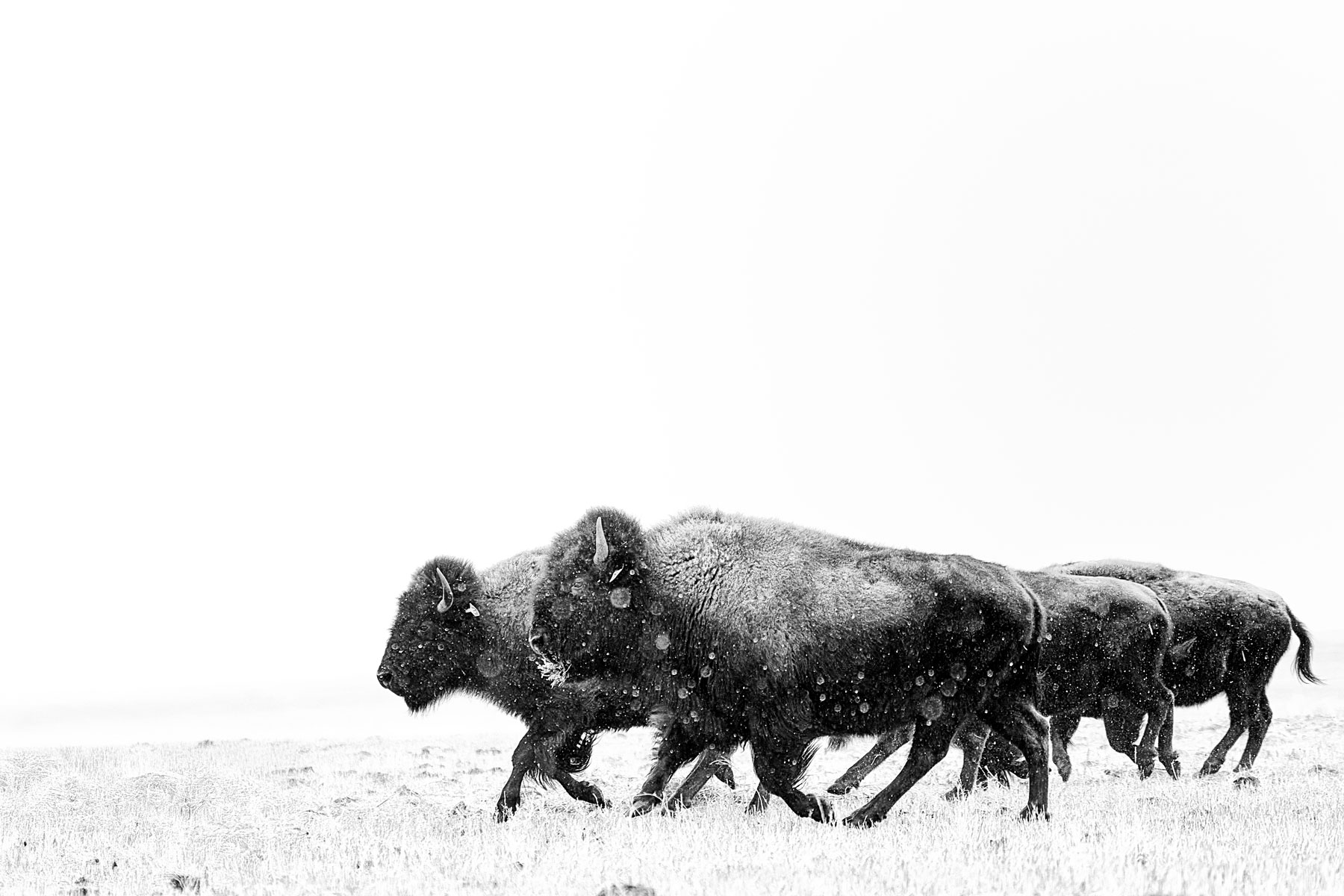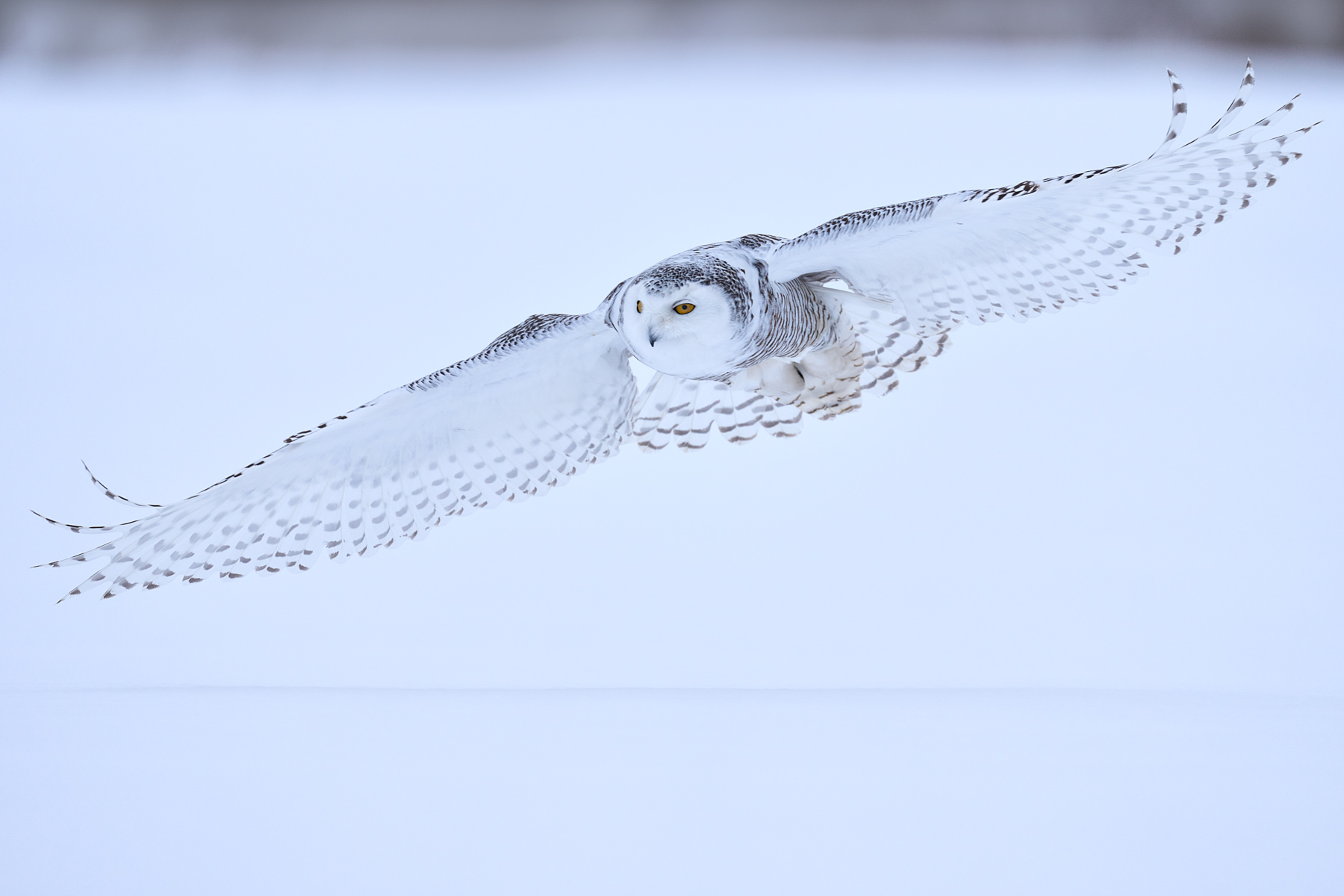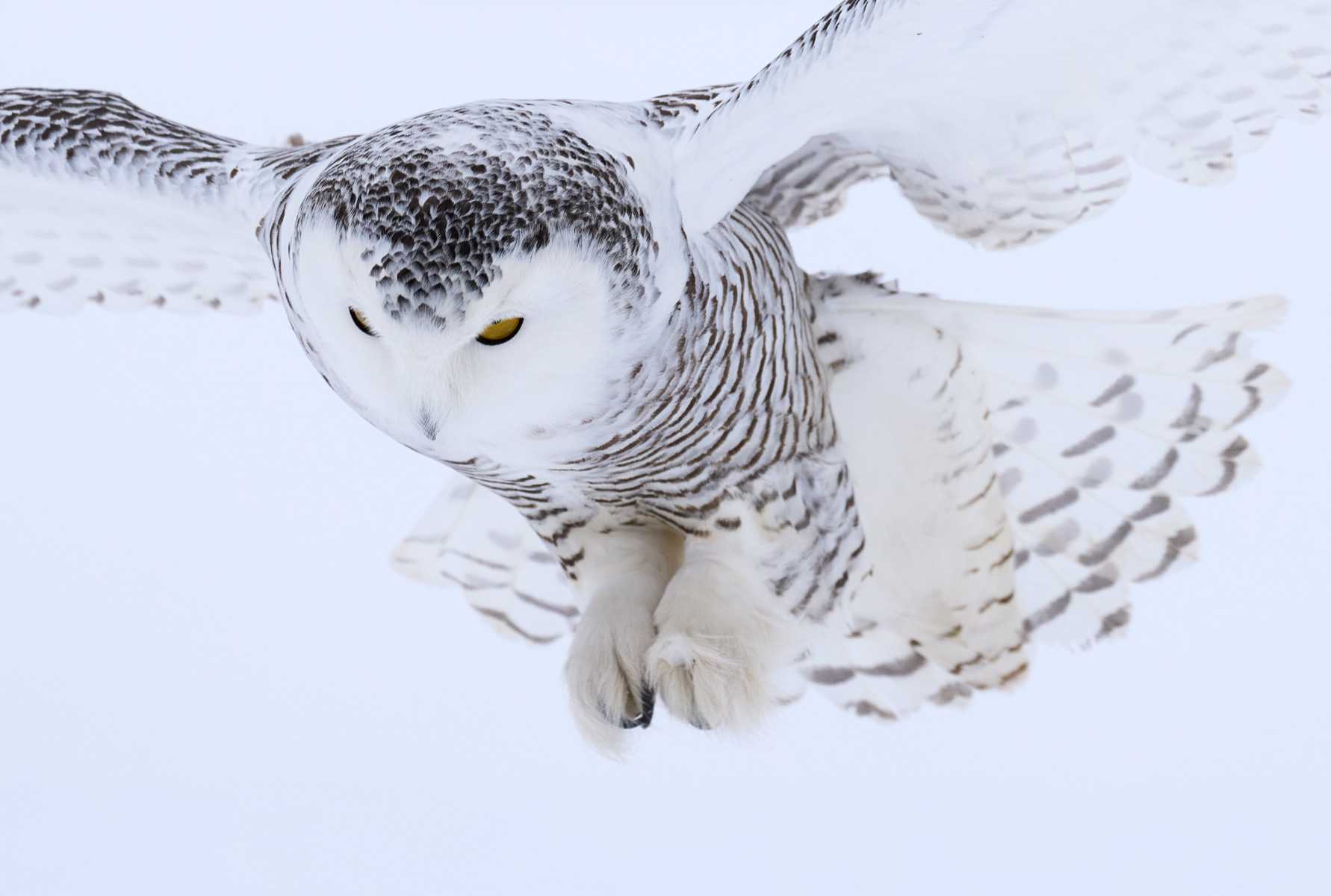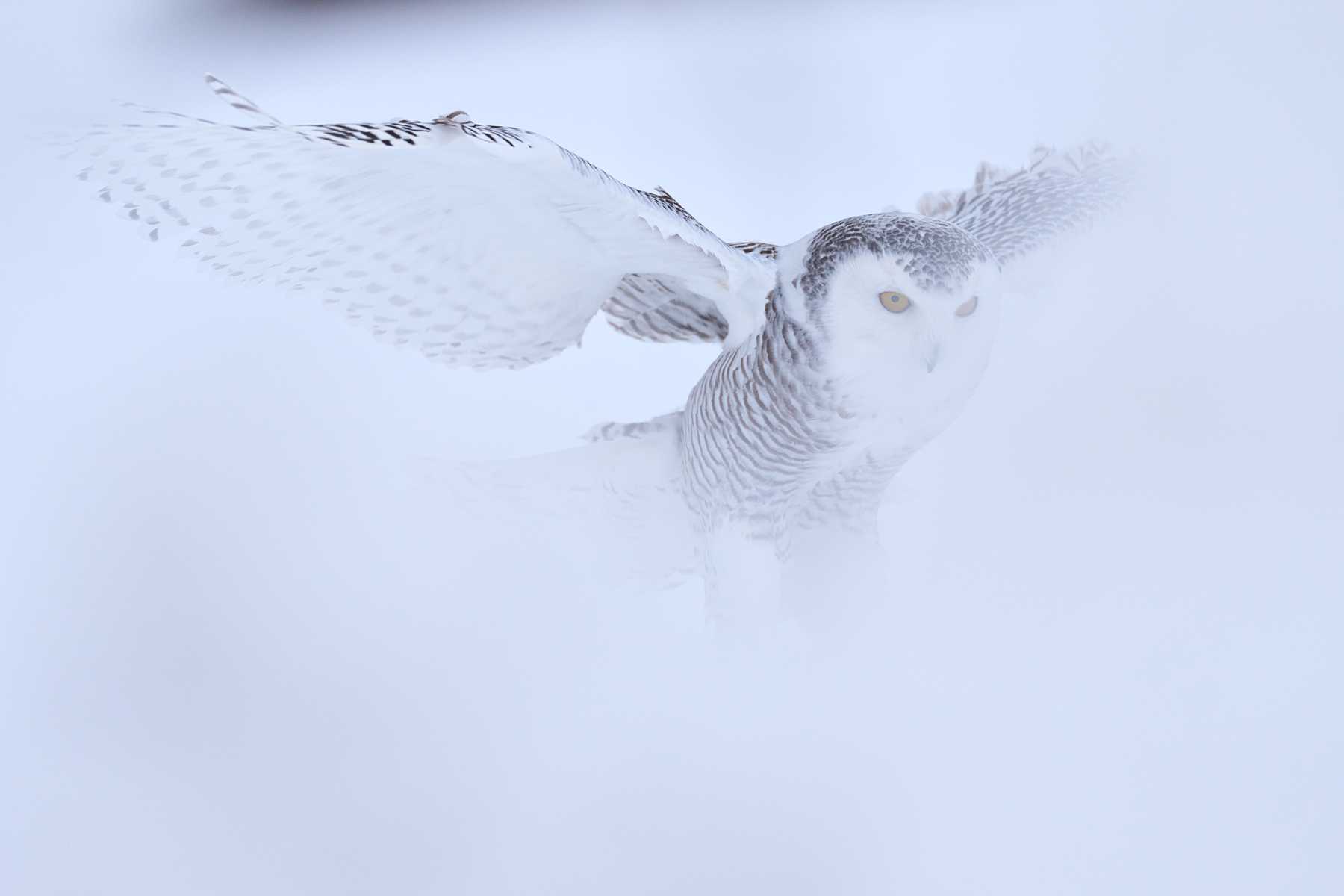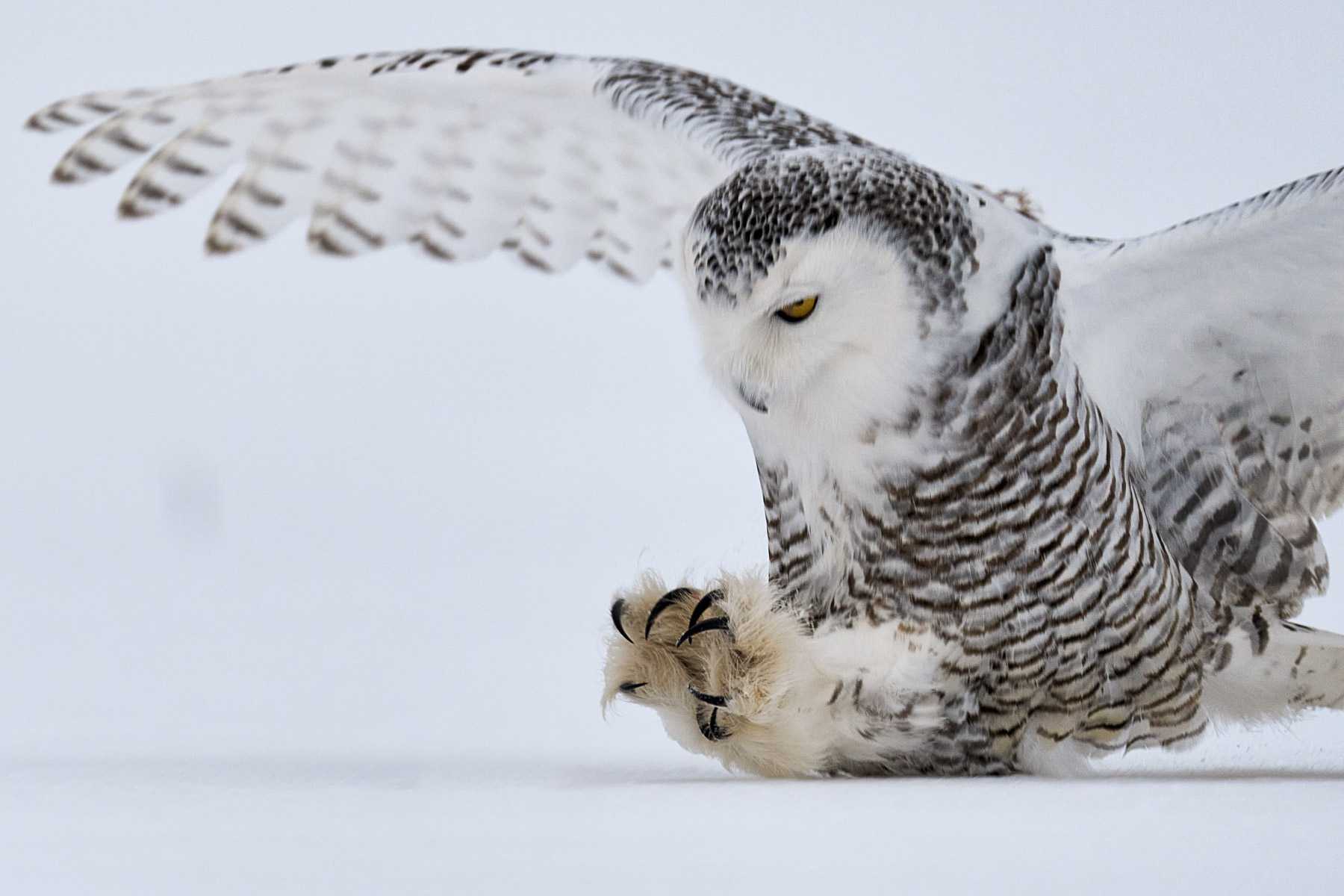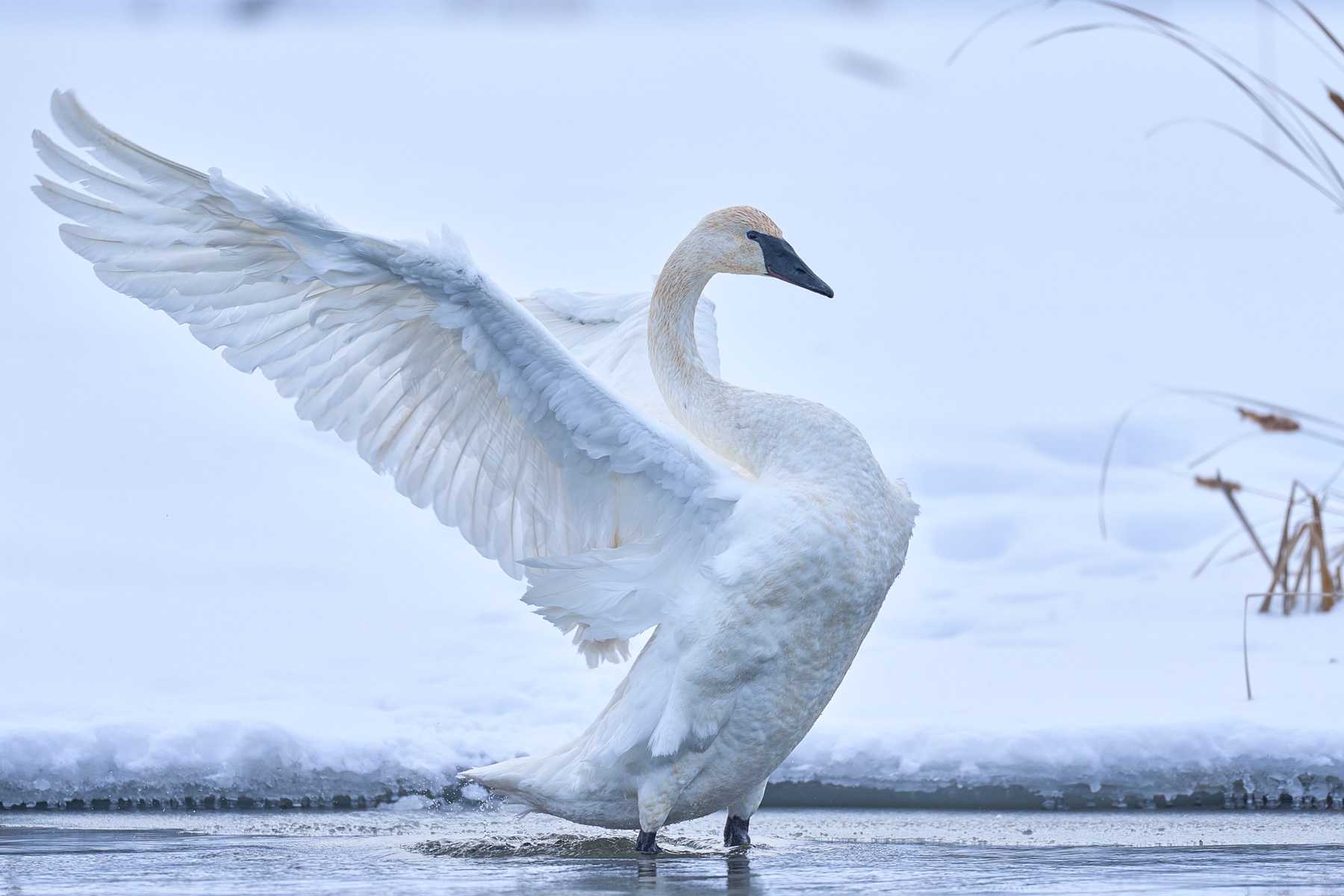What is dressage?
Dressage is an international equestrian sport that is considered to be the very highest level of horse training. The horse must perform a specific prescribed series of actions and movements from memory that are communicated to them in a very subtle way by the rider.
What is the meaning of the word dressage?
The word dressage has its origin in the French word “dresseur.” The translation into English of this word is “training.” In dressage the horse is taught obedience and flexibility to physically perform certain specific commands signaled by the rider.
The interesting history of dressage
Dressage has a very interesting history. It was first written about in 350 BC in ancient Greece. Later in history during the Renaissance it became highly popular in the military and the aristocracy. The military realized that horses trained in dressage were able to perform in war much better than those that were not trained; this led to better overall discipline and performance in battle. This was quite important since it was not until the mid twentieth century that horses were no longer used in battle.
The aristocracy on the other hand was more interested in the way that the horses performed at competitions and tournaments.
In 1658 the first Duke of Newcastle (William Cavendish) wrote his book “A General’s System of Horsemanship” that outlined a new system of horse training, which is the base for dressage. The horses training, actions and movements were more clearly defined; and a four judge judging system was established to rate the horses performance at indoor (arena) competitions.
A Spanish Riding School was established in Vienna in 1576 which introduced a more elevated series of movements required at tournaments. Today dressage is defined by two fundamental categories: The Training Tradition and The Competition side. The FEU (Federation Equestrian Internationle) is the organization that controls all horse sports. Whereas, it is The British Equestrian Federation that is in charge of all equestrian Olympics events . The first Olympic Equestrian event was in Stockholm in 1912 and the latest took place in Tokyo in 2020.
What you should consider when selecting a horse for dressage
There are considerations to keep in mind when selecting a horse for dressage. The first of course is the particular breed, which we will look into further below. The physical and performance ability should be carefully assessed. Intelligence and stamina are also important. A careful assessment of the horse and its health history is essential. If the horse has already performed in dressage competitions those records and judgements of performance should be studied.
What are the best breeds for you to choose from for a horse for dressage?
There are eleven breeds that are considered to be the best for dressage. We will take a brief look at them and their characteristics.
- Holsteiner is a German breed that is loyal, flexible, athletic, highly trainable and friendly to people
- Oldenberg is also a German breed known to be strong and gentle
- Dutch Warmblood is amicable, a hard worker with sticktoitiveness and is the most favored to perform with correctness and accuracy. He is a frequent Olympic winner.
- Lustino was bred for The Portuguese Royal Family originally. It is very smart and a fine performer
- Hanovarian is dependable, fit, has a good personality, longevity, and performs well
- Danish Warmblood is a fine athlete with a strong build and known for graceful movements
- Trakehner is German and a graceful performer
- Westphalian is kind, easily trained and good for beginners
- Gypsy Vanners are strong, patient and good for beginners
- Appaloosa is easily trained and intelligent
- Priesian is from the Netherlands and has great style and elegance
Is dressage harmful to a horse’s health?
There are conflicting opinions on this question. Some believe that it is. However, after researching numerous information the general belief is that dressage is not harmful to horses if the horse is properly trained. This means that the horse must be trained gradually and incrementally; dressage training cannot be rushed.
Many experts believe that if horses are left to roam in the wild that they will by themselves experience all of the movements that are trained in dressage over a normal life span. The main difference is that a dressage trained horse will perform a particular movement when it is signaled to the horse by the rider.
It has been noted that when older some horses do show signs of various medical conditions (arthritis, joint pain and muscular pain.) However this is present in all breeds if the horse has had dressage training or not.
Hence there is no conclusive evidence that dressage training is harmful to horses.
Important facts to enhance your dressage horses performance
There are certain facts to keep in mind in order to maintain the high performance capabilities of a horse used in dressage competitions and tournaments. Most of these are just pure common sense. However, it is a good idea to refresh your memory on these points so that you keep your horse in the best fitness shape possible. We will look into several here:
- The first and most important consideration is correct, proper training from an experienced trainer
- An array of distinctively different movements changing from day to day should be followed so as not to tire out muscles with ceaseless repetition
- Keep the horse mentally stimulated by changing the order of movements in order to challenge monotony and ignite greater genuine interest
- Keep to a strict schedule both for practicing movements and down time
- Nearly constant movement is recommended; it could be just walking or trotting
- Participation in tournaments and competitions should be carefully controlled so as not to create too much stress on the horse
- A healthy proper diet appropriate to the breed is a major requirement
- Maintain joint health with the help from a vet; certain supplements may be required
- A carefully monitored and regulated schedule for hoof health including shoeing is essential
- Cold therapy in general is recommended after workouts and particularly if there have been joint injuries
Perhaps to some these points may seem quite obvious. However, with so much required of the horses and the rider in dressage it is important to stress the significance and importance of these suggestions. The very nature of the rigorous requirements and complexities of dressage tend to make it imperative that we keep them in mind.
Conclusion
We hope that the information explained here clarifies for you the meaning and comprehension of dressage. We believe that once one has an interest in dressage that it indeed becomes addictive. It is indeed a transforming and delightful experience for anyone who has seen a performance of these magnificent dressage horses. If you have not seen them in action we advise you do so, you will not be sorry.
